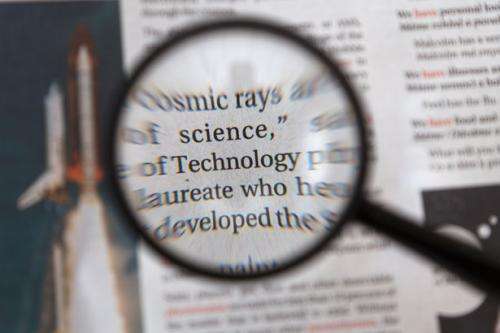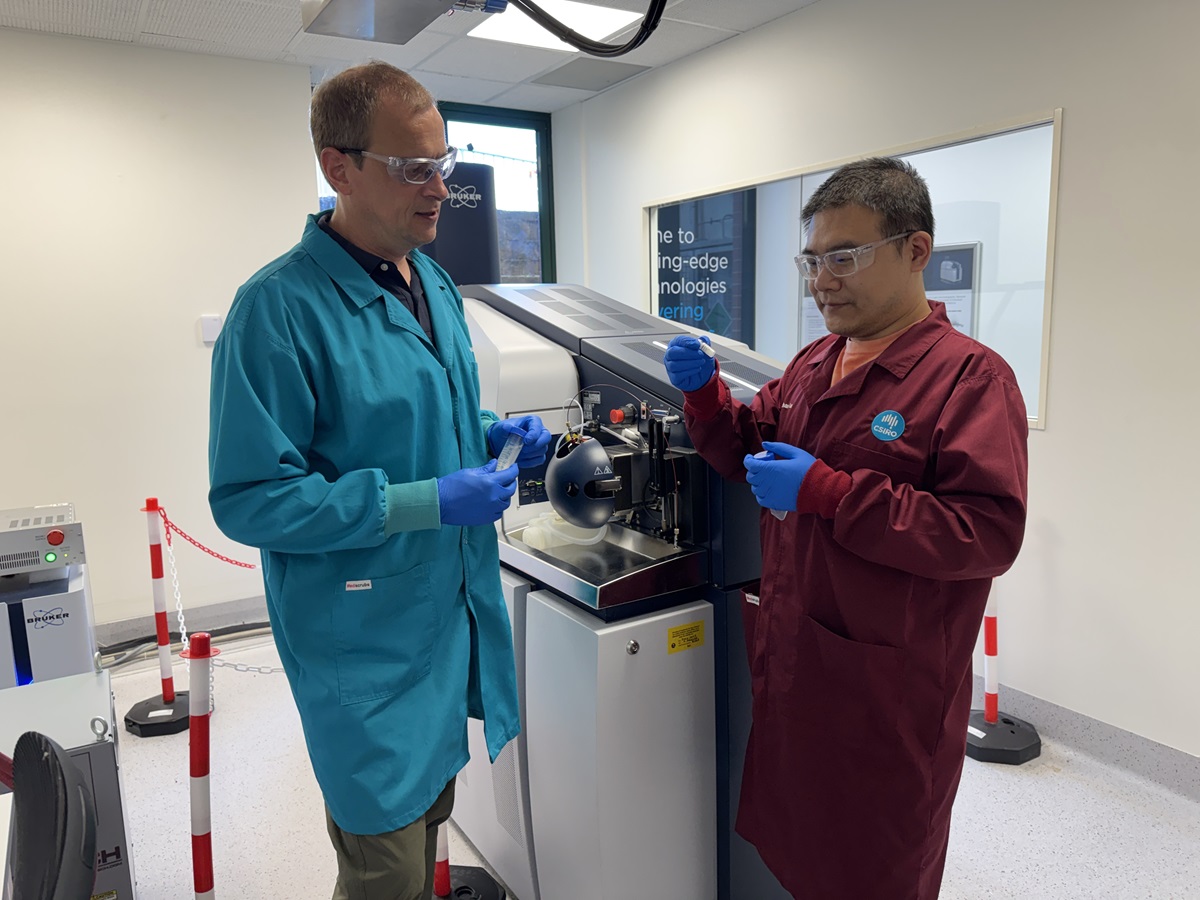
A prominent scientific journal has retracted a controversial study that suggested the existence of bacteria capable of using arsenic to grow, a finding that could have expanded the understanding of life’s possibilities on Earth and beyond. The journal Science announced the retraction on July 25, 2025, despite the authors’ objections, citing concerns that the experiments reported did not substantiate the study’s key conclusions.
The original research, conducted over a decade ago in a California lake, claimed to have discovered a unique form of bacteria that incorporated arsenic—a toxic element—into its DNA and proteins. This finding generated significant interest and debate within the scientific community, as it suggested that life could thrive in environments previously deemed inhospitable. However, subsequent attempts by various research groups to replicate these results have largely failed, casting doubt on the original claims.
In a statement concerning the retraction, H. Holden Thorp, editor-in-chief of Science, explained that the decision was based on a determination that the reported experiments did not support the study’s conclusions, rather than any allegations of misconduct. Thorp emphasized that even in the absence of fraud, a retraction may be warranted if the data does not uphold the findings.
Despite this, the authors of the study, including Ariel Anbar from Arizona State University, maintain their stance and argue that the retraction was unwarranted. Anbar expressed in an email that disagreements over interpretations of findings are common in the scientific process and should not lead to the retraction of a paper. He stated, “One doesn’t retract a paper because the interpretation is controversial, or even because most disagree with the interpretation.”
The retraction aligns with a growing trend among scientific journals to withdraw papers for reasons beyond fraud. In recent years, Science has increasingly retracted studies due to concerns over significant errors or questionable interpretations. Nicky Fox, the science mission chief at NASA, which helped fund the original research, voiced support for the authors, stating that the agency does not endorse the retraction and encourages Science to reassess its decision.
As this case unfolds, it highlights the complexities and challenges inherent in scientific research, particularly when groundbreaking claims are met with skepticism. The debate surrounding the use of arsenic by living organisms continues to evoke strong opinions, reflecting the dynamic and often contentious nature of scientific inquiry.
For further details, refer to the retraction notice published in Science and the corresponding DOI: 10.1126/science.adu5488.






